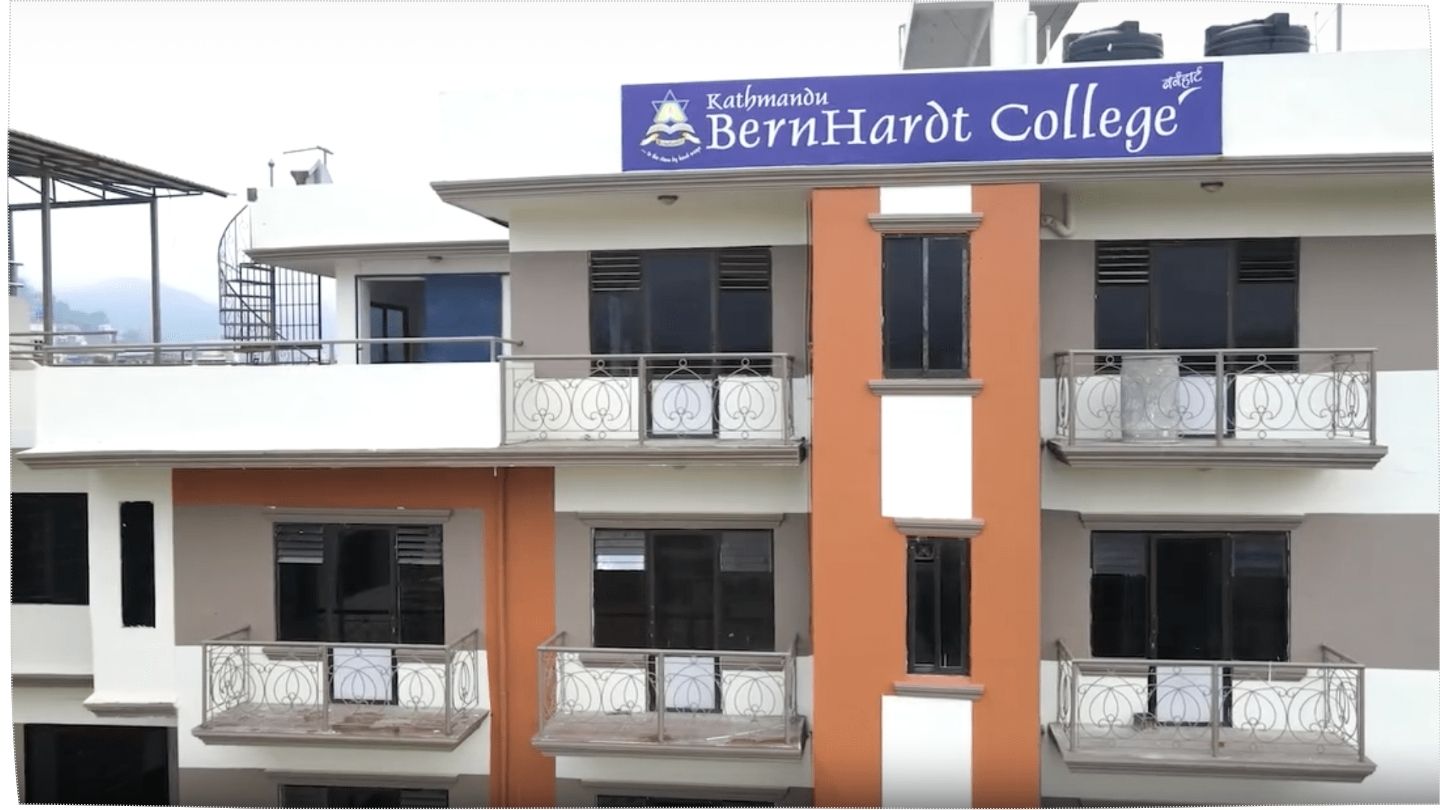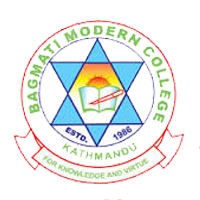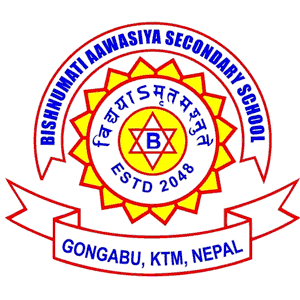Overview
BBS at Kathmandu BernHardt College, Bafal, Kathmandu
BBS at Kathmandu BernHardt College (KBC), Bafal, Kathmandu, follows Tribhuvan University’s Faculty of Management structure. The program builds steady business fundamentals through clear coursework, regular internal checks, and guided practice.
KBC places BBS inside a supportive academic routine. Classrooms use projection for step-by-step explanation. Labs and seminar spaces host case briefs, spreadsheet work, and short presentations. The library and reading areas help you revise during busy weeks.

Highlights
-
Affiliation: Tribhuvan University (Faculty of Management)
-
Duration and load: Four years; annual system under TU rules
-
Medium of instruction: English/Nepali as per course and teacher plan
-
Campus supports: Classrooms with projection, library, seminar hall, basic labs, cafeteria, lifts, open areas, basement parking
-
Location and contact: Bafal, Ring Road, Kathmandu; 01-5237330 / 01-5237361; ktmbernhardt@kbc.edu.np
Curriculum Details
BBS covers accounting, finance, marketing, economics, business environment, statistics, and organizational studies. Early years focus on principles and tools. Later years add depth through specialization groups such as accounting, finance, marketing, or general management (as per TU scheme and college offering).
Coursework typically includes:
-
Principles of management and business environment in Nepal
-
Financial accounting, cost and management accounting
-
Business finance, fundamentals of investment and banking basics
-
Marketing management, consumer behavior, sales planning
-
Business mathematics and statistics
-
Organizational behavior and human resource topics
-
Business law and taxation basics
-
Entrepreneurship and small business operations
-
Research methods and report writing practice
Teachers map yearly targets to unit tests and term examinations. You practice ledger entries, cash flow analysis, market surveys, and case summaries. Short, focused tasks train you to write clear answers under time limits.
Objectives
-
Build sound understanding of accounting, finance, marketing, and organization studies.
-
Develop practical habits in documentation, calculations, and short business reports.
-
Help students connect classroom ideas with local workplaces and public sector needs.
Scope
Graduates work in accounting support, administration, sales coordination, banking trainee roles, and operations assistance in firms, NGOs, and public bodies. Many sit for competitive selection in banks. Some launch small ventures based on local demand and basic compliance.
Learning Outcomes
-
Prepare and interpret standard financial statements and basic cost sheets.
-
Apply business math and statistics to everyday decisions.
-
Analyze simple markets, write short briefs, and present findings in clear steps.
-
Follow ethical practice in records, reporting, and use of data.
Skill Development Modules
-
Accounting labs: Journal, ledger, trial balance, and financial statements using spreadsheets.
-
Business writing: Memos, short proposals, and executive summaries with clean formatting.
-
Quantitative sessions: Calculator and spreadsheet practice for ratios, break-even, and forecasting.
-
Presentation drills: Two- to five-minute talks with slides; peer feedback on clarity and pacing.
Teaching Methodology
Faculty run board and projector explanations, then shift to guided practice. Weekly rhythm includes quizzes, worksheets, and brief viva. Seminar slots host guest talks from banking, trading, or local service sectors. Feedback arrives quickly so you can fix gaps before finals.
Admission Requirements
-
Minimum qualification: Ten-plus-two or equivalent in any stream as per TU Faculty of Management rules.
-
Screening: College notice may include interview or document review.
-
Documents: SEE and +2 transcripts, character and migration certificates (as applicable), photos, and ID copy.
-
Intake note: Follow the current TU calendar and the college office schedule for forms and deadlines.
Career Opportunities
-
Accounting assistant / junior accountant
-
Admin and operations support
-
Sales and customer relations
-
Banking trainee and teller roles
-
Entrepreneurship in small and local businesses
Progress depends on consistent grades, clean documentation skills, and internship exposure. A simple portfolio—sample statements, briefs, and spreadsheets—helps during selection.
Scholarships and Financial Aid
The college communicates scholarships during counseling. Students should ask for the current written policy that lists categories (merit or need-sensitive), required documents, percentage ranges, and renewal rules tied to grades and attendance.
Why Choose This Course?
-
TU recognition under a long-running national framework.
-
Clear study rhythm—tests, practice sheets, and short reports that keep learning on track.
-
Local relevance for roles in firms, banks, and public bodies.
-
Campus convenience with classrooms, seminar hall, library, and service areas that support daily study.
Conclusion
BBS at KBC suits students who want steady progress in core business subjects. The course helps you practice real tasks—records, analysis, and short reports—so first jobs feel manageable. Parents and educators can verify annual plans and notices at the office before admission.
FAQ
Is BBS semester-based or annual at KBC?
BBS follows TU’s annual structure across four years.
Can I specialize in the final years?
Yes. TU offers specialization groups; availability at the college follows the current plan.
Are classes practical enough for first jobs?
Labs, worksheets, and short reports build routine skills used in accounting and admin roles.
Can BBS graduates join MBS later?
Yes. Many graduates join MBS or other management master’s programs after initial work.
How do I prepare for assessments?
Keep a weekly study plan, practice past questions, and refine spreadsheet and calculator skills.



















